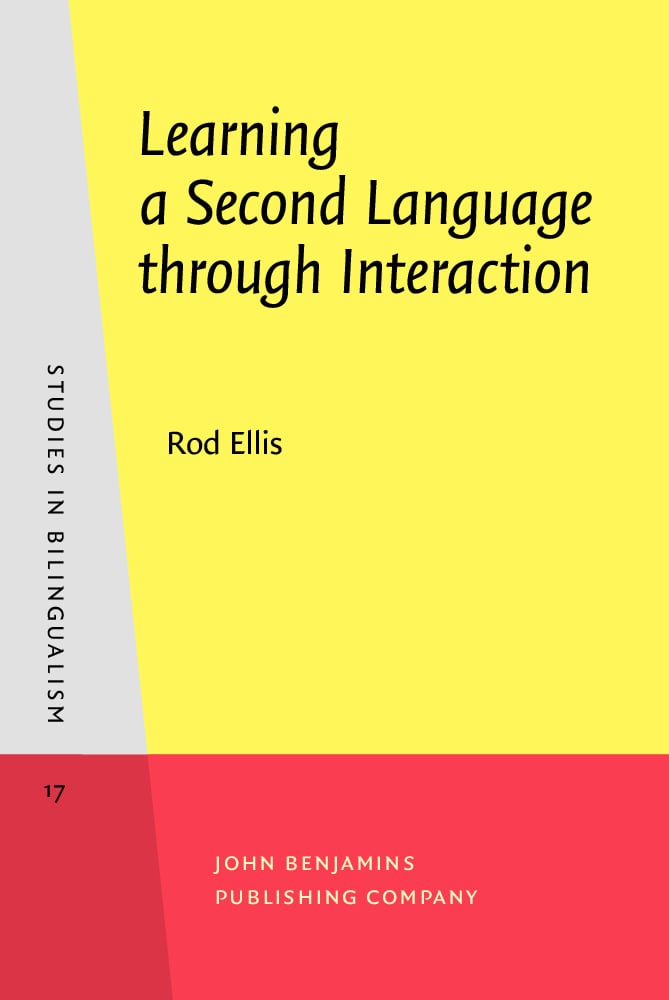Learning a Second Language through Interaction
by Rod Ellis
2020-12-28 09:04:57
Learning a Second Language through Interaction
by Rod Ellis
2020-12-28 09:04:57
This book examines different theoretical perspectives on the role that interaction plays in second language acquisition. The principal perspectives are those afforded by the Interaction Hypothesis, Socio-Cultural Theory and the Levels of Processing m...
Read more
This book examines different theoretical perspectives on the role that interaction plays in second language acquisition. The principal perspectives are those afforded by the Interaction Hypothesis, Socio-Cultural Theory and the Levels of Processing model. Interaction is, therefore, defined broadly; it is seen as involving both intermental and intramental activity. The theoretical perspectives are explored empirically in a series of studies which investigate the relationship between aspects of interaction and second language acquisition. A number of these studies consider the effects of interaction on the acquisition of vocabulary (word meanings) by both adult and child L2 learners. In addition, the effects of language aptitude on input processing are considered. Further studies consider the contribution that interaction makes to the acquisition of grammatical knowledge. These studies provide clear evidence that social and intermental interaction are major forces in the acquisition of an L2. Finally, the book, considers a number of pedagogic specifications. In particular, the importance of discourse control as a means of learners’ obtaining the quality of interaction likely to foster acquisition is discussed.
Less






























